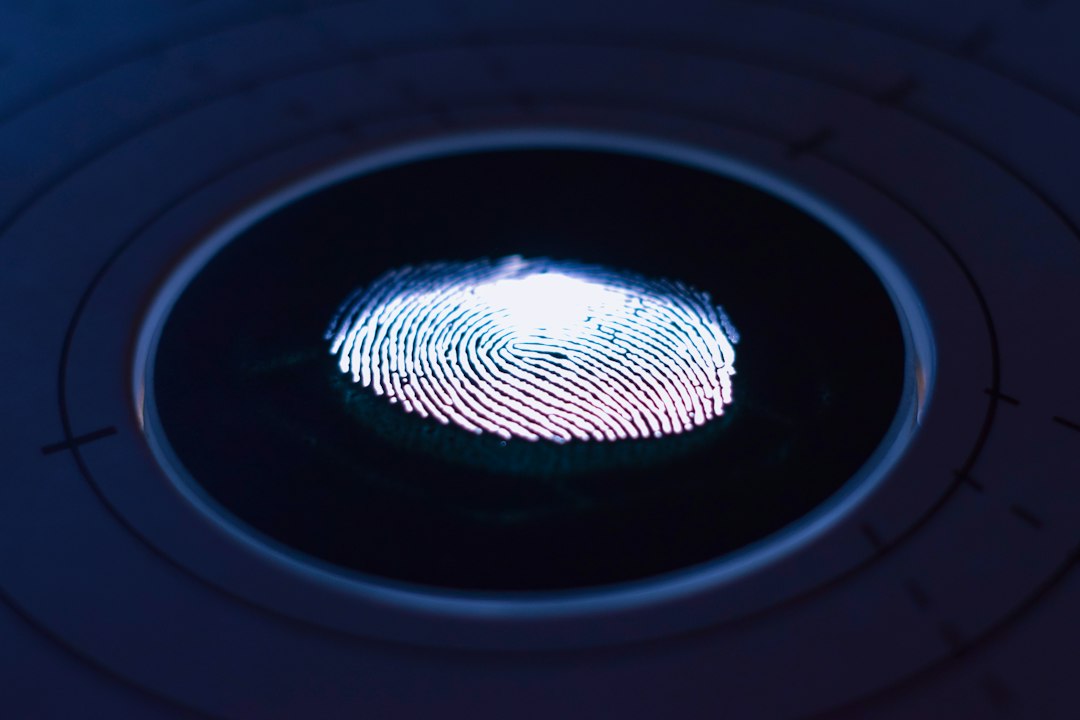Understanding the Internet of Things: How Connected Devices are Changing Our Lives
The Internet of Things (IoT) has become a buzzword in recent years, but what exactly does it mean and how is it changing our lives? In simple terms, IoT refers to a network of physical objects or “things” that are embedded with sensors, software, and other technologies, allowing them to connect and exchange data with other devices and systems over the internet.
Everyday objects such as household appliances, vehicles, wearables, and even buildings can be a part of the IoT ecosystem, making our lives more convenient, efficient, and connected. The concept of connected devices is not new, but the advancement of technology has brought it to new heights, revolutionizing how we interact with our surroundings.
One of the most significant impacts of IoT is the automation and control it provides. For example, smart homes equipped with connected devices enable homeowners to remotely control their thermostats, lights, security systems, and even appliances. This not only simplifies daily routines but also allows users to save energy and reduce utility costs. Imagine being able to turn off your lights or adjust the thermostat from your smartphone while you’re away from home – IoT makes it possible.
IoT has also transformed the way we manage our health and well-being. Wearable devices like fitness trackers and smartwatches can collect data on heart rate, steps taken, sleep patterns, and more, empowering individuals to take control of their health. These devices can provide real-time feedback and personalized recommendations, motivating users to make healthier choices and ultimately leading to a better quality of life.
Connected devices have also made their way into the transportation sector, paving the way for smarter cities. Internet-enabled vehicles not only enhance road safety through features like collision sensors and automatic emergency braking but also optimize traffic flow and reduce congestion. Additionally, real-time data on parking availability can help drivers quickly find parking spaces, saving time and reducing frustration.
The IoT’s impact is not limited to individuals; it has also revolutionized industries and businesses. Manufacturers can leverage IoT to monitor and maintain equipment, preventing breakdowns and optimizing productivity. Supply chains can be streamlined through smart inventory management, ensuring products are always available when needed. Retailers can gain valuable insights into customer behavior by tracking and analyzing their shopping habits, allowing for more personalized and targeted marketing efforts. With IoT, businesses can become more agile, efficient, and customer-oriented.
However, with all the benefits IoT brings, there are also concerns around security and privacy. Connected devices being constantly connected to the internet can be vulnerable to cyber-attacks. Hackers could potentially gain access to personal information or take control of these devices with malicious intent. The importance of robust security measures cannot be understated, and both device manufacturers and users need to be vigilant in protecting their data and devices.
Another concern is the sheer amount of data being generated by connected devices. With IoT, an immense volume of data is being collected, leading to the need for efficient data management and analysis. This data can provide valuable insights and improve decision-making across various industries, but it also raises questions about data ownership and privacy. Proper regulations and ethical guidelines must be in place to ensure the responsible and secure use of this data.
In conclusion, the Internet of Things has transformed the way we live, work, and interact with our environment. Connected devices offer convenience, efficiency, and endless possibilities for innovation. From smart homes to healthcare and transportation, IoT has the potential to revolutionize every aspect of our lives. However, proper security measures, data management, and ethical considerations must be addressed to fully harness the benefits of IoT and create a sustainable and connected future.

